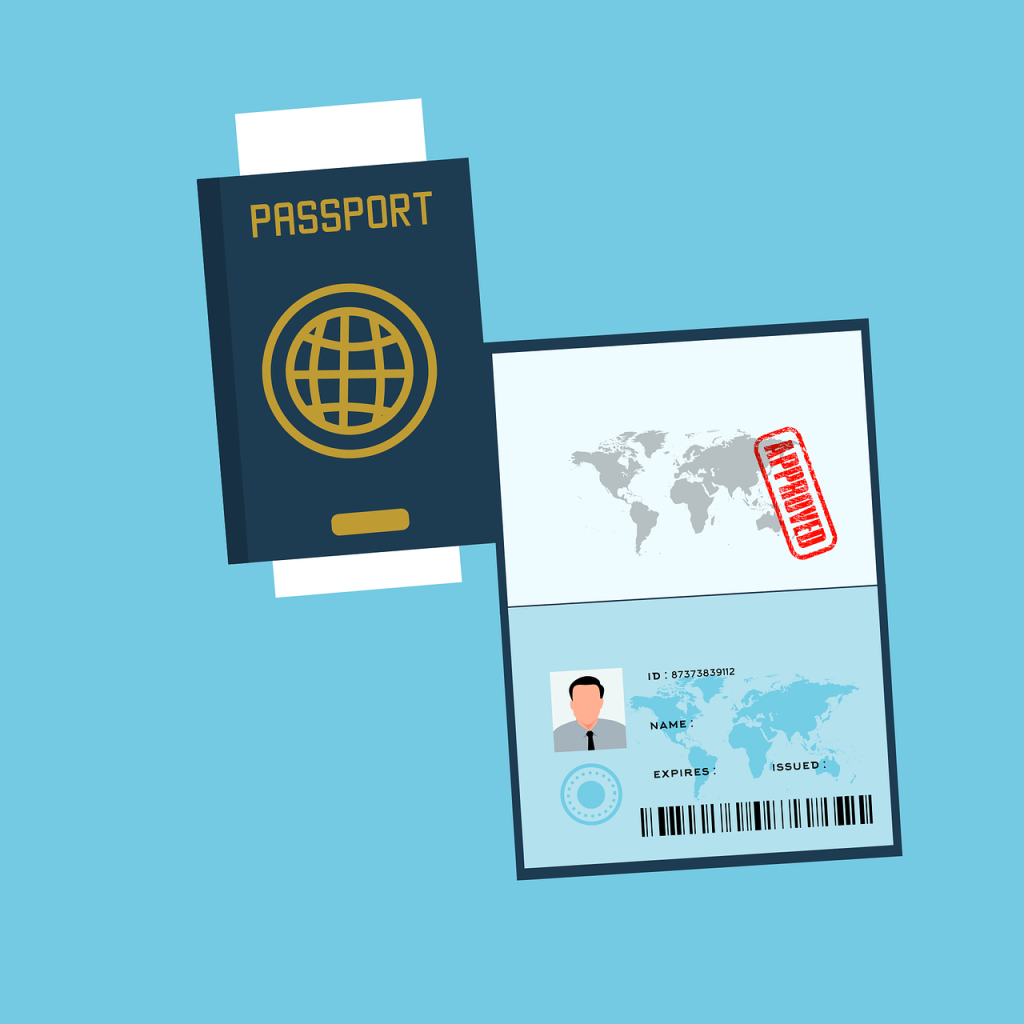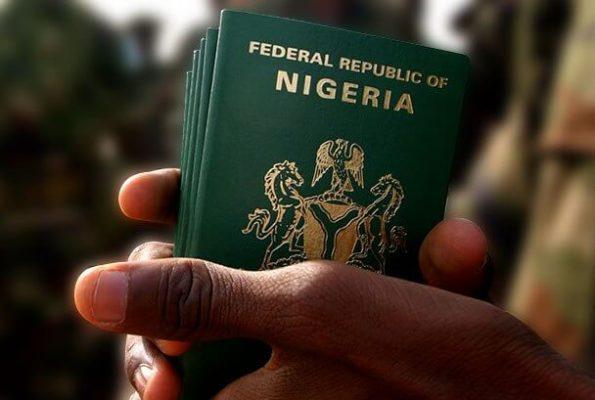Recently, the Nigerian government, through the Minister for Interior, introduced a new policy regarding passport issuance, featuring fast track charges that resemble a new form of “oil money.” This policy, designed to cater to the substantial Nigerian diaspora seeking expedited passport services, reflects a troubling disregard for the diaspora community’s interests and contributions.
Key Points of the Development:
- Revenue Generation: The fast track charges are a notable revenue source, leveraging the significant number of Nigerians abroad. However, the steep increase in charges compared to standard fees demonstrates a concerning approach. This policy not only prioritizes foreign currency revenue but also highlights the government’s incompetence and neglect of proper economic management by exploiting the diaspora.
- Diaspora Engagement: This policy appears to be part of a broader, indirect strategy to engage with the diaspora, acknowledging their economic contributions through remittances and investments. Yet, this engagement comes at a high cost, which can strain relations between the government and the diaspora community.
- Service Efficiency: While the intention behind fast tracking is to minimize bureaucratic delays and provide timely services for Nigerians abroad, the exorbitant fees undermine the benefits of expedited processing. The approach to setting these fees seems counterproductive to the efficiency goals.
- Economic Impact: The revenue from fast track services is expected to contribute significantly to Nigeria’s economy. However, relying on such fees underscores the need for revenue diversification beyond oil. Proper consultation with the diaspora is crucial to ensure that costs are fair and beneficial for all parties involved.
- Criticism and Accessibility: The $300 fee for fast track services, significantly higher than standard processing costs, creates a financial burden for many Nigerians abroad, particularly those in lower-income brackets, students, and pensioners. This disparity raises concerns about equity and accessibility, potentially marginalizing those who cannot afford these essential services.

Economic Exploitation of the Diaspora
The introduction of a $300 fee for fast track passport services can be viewed as a form of economic exploitation. The high cost places a financial strain on the diaspora, particularly affecting those in vulnerable financial situations. By capitalizing on the diaspora’s urgent need for passports, the government’s approach appears exploitative and inconsiderate.
While the need for revenue is understandable, imposing such high fees on essential services like passport issuance can be perceived as unfair and unjust. It highlights the need for a balance between revenue generation and equitable service provision.
In summary, the fast track charges for passport issuance in Nigeria reflect a strategic move to leverage the economic potential of the diaspora while addressing inefficiencies in the passport process. However, many Nigerians abroad, especially in the United Kingdom, are concerned about the arbitrary nature of this policy and the lack of reasonable consultation regarding affordability.


